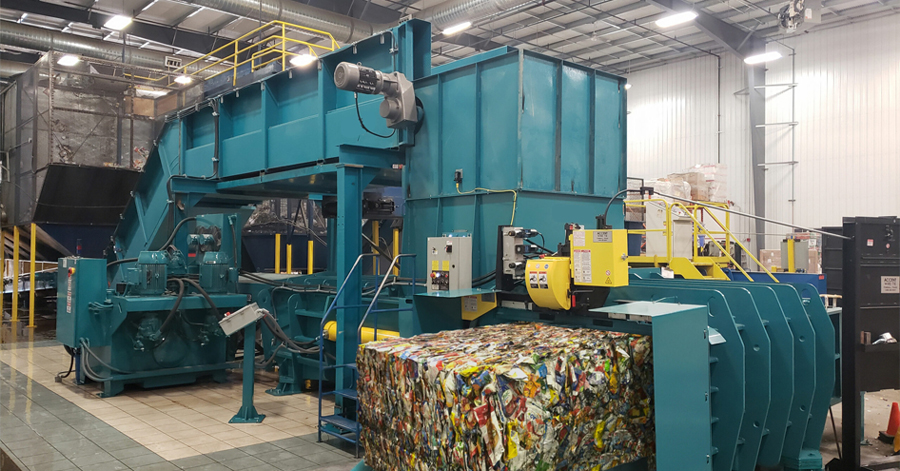In New York State, the push towards sustainability and responsible waste management is more than just a noble endeavor; it’s enshrined in law.
Both the state and the city have laid down a series of regulations aimed at guiding businesses to eco-friendlier practices. If your business is using (or considering) balers and compactors, it’s essential to understand these regulations to ensure compliance and avoid potential penalties.
Why Regulations Matter
New York State has been at the forefront of environmental initiatives, striving to set an example not just for other states but also on a global stage. By adhering to regulations, businesses not only steer clear of legal repercussions but also play a vital role in the state’s sustainability goals.
Key Regulations for Balers and Compactors
- Permit Requirements: Any business installing a baler or compactor in New York must first obtain a permit. This ensures the equipment meets safety and environmental standards.
- Operational Standards: There are specific guidelines on how balers and compactors should be operated, with a keen focus on safety and efficiency. Regular maintenance and inspections are a must.
- Waste Segregation: Before compacting or baling, businesses must segregate waste to ensure recyclables are processed correctly. This aids in better recycling and ensures hazardous waste doesn’t mix with general waste.
- Transportation & Disposal: Compacted or baled waste must be transported by licensed haulers. Furthermore, there are guidelines on how and where this waste can be disposed of, especially for recyclables.
Benefits of Complying with Regulations for Balers and Compactors
Beyond the obvious legal advantages, compliance with regulations ensures:
- Cost Savings: Proper use of balers and compactors can lead to significant savings, especially if businesses can monetize recyclables.
- Enhanced Reputation: In a city where consumers are becoming increasingly eco-conscious, businesses that adhere to regulations and prioritize green practices can enjoy a reputational boost.
- Operational Efficiency: Complying with regulations often leads to streamlined operations, making waste management more efficient and less cumbersome.
Conclusion
Navigating the maze of New York State’s regulations for balers and compactors might seem daunting, but with the right information and equipment, it’s a straightforward process.
By understanding and adhering to these guidelines, businesses can enjoy numerous benefits while also playing a pivotal role in New York’s green revolution.
Need assistance in understanding baler and compactor regulations in New York? Nanoia’s team of experts is here to help. Reach out to us now!






